The signing of the Joint Trilateral Statement by the People's Republic of China, the Kingdom of Saudi Arabia, and the Islamic Republic of Iran on 10 March in Beijing is one of the latest sensational developments in global geopolitics. By this statement, Riyad and Tehran agreed to reestablish diplomatic ties and reopen their embassies after seven years of hostility. In the Middle East, however, relations and balances are fickle. This makes it difficult to make mid and long-term predictions. Still, the Joint Trilateral Statement could be taken as a demonstration of the will of Saudi Arabia and Iran to reconcile, at least for some time to come.
Certainly, Saudi Arabia and Iran have their reasons to seek normalization. China, too, has its reasons for mediating between the two. And, of course, every other regional or global actor has its point in welcoming or suspecting the Riyadh-Tehran deal.
From a Turkish perspective, the Riyadh-Tehran normalization is a welcome development. As the Turkish MFA's press release demonstrates, Ankara assesses the reestablishment of Saudi Arabia-Iran diplomatic relations from a regional point of view. It sees Riyadh-Tehran normalization as a link in the chain of “rapprochement and normalization processes that have prevailed in the Middle East for a while.” Ankara hopes that the normalization between Riyadh and Tehran will contribute to regional "security, stability and prosperity." Given that it has been carrying out policies seeking normalization and improvement of relations with some capitals, this approach of Ankara is logical and consistent.
However, for Türkiye rapprochement and normalization in the Middle East is good but not sufficient. This is because Türkiye rests in the intersection of multiple regions such as the Balkans, Eastern Europe, the Black Sea, Caucasus, the Middle East, and the Eastern Mediterranean. This unique position necessitates Türkiye to be mindful of the effects of the developments in one adjacent region over the others. This reality requires Türkiye to adopt a holistic perspective in its regional policies. Overall, Türkiye needs to seek inclusive stability in all its surroundings.
Ankara's unavoidable inclusive approach to stability brings the question of Iranian policies in the South Caucasus to the north of the Middle East. More precisely, the question from a Turkish point of view is whether Tehran will avail itself as a constructive actor in the South Caucasus.
Since the collapse of the Soviet Union, Iran has been more of a spoiler than a conducive to stability and peace in the South Caucasus. Tehran's confrontational relations with the West brought the region more trouble than benefit. Its chronic rivalry with Türkiye did not bring any positive results either to itself or to the region. Besides these, Iran has either tacitly or explicitly supported Armenia in its expansionist policy of occupation of Azerbaijani territories for almost three decades following the collapse of the Soviet Union. Doing that Tehran not only spoiled its relations with the most potent South Caucasian country Azerbaijan but also alienated its sizable ethnic Azerbaijani population.
The 2020 Karabakh War between Armenia and Azerbaijan was a turning point, however, only of sorts. The Azerbaijani victory that changed the balances in the region led Tehran to revise its shortsighted policy, yet only to a certain extent. Seeing that the equilibrium in the region had altered, Tehran adopted a more reconciliatory rhetoric vis-à-vis Baku by issuing statements in favor of territorial integrity, a major principle of international law that Azerbaijan advocates in its relations with Armenia. On the other hand, however, Tehran continued with questionable policies. In October 2021, for the first time since the collapse of the Soviet Union, Iran launched large-scale military drills at its border with Azerbaijan. Iran did the same a year later again. Iran's explicit threats were retorted by joint Turkish-Azerbaijani military drills. In the end, Iran's hostile behaviors stired up tensions in the South Caucasus. Arguably, the most negative act of Tehran for the long-term regional stability, cooperation, and prosperity is its opposition to article 9 of the 9 November 2020 Trilateral Declaration that ended the 2020 Karabakh War, which stipulates “unobstructed movement of persons, vehicles and cargo” between the western regions of the Republic of Azerbaijan and the Nakhchivan Autonomous Republic through southern Armenia. Iran does that by opposing the functioning of the Zangezur Corridor. To legitimize its stand, Iran argues that it would not allow any border changes in the region and not accept losing physical connection with Armenia as a result of territorial rearrangements between Armenia and Azerbaijan that would result in the transfer of southern Armenia to Azerbaijani rule. This argument makes no sense. First, Iran needs to explain why it sided with Armenia that invaded Azerbaijani territories for about thirty years if it is so concerned about territorial integrity. Second, associating the Zangezur corridor with territorial and border changes is simply not right. This is so because opening of the Zangezur corridor will not entail territorial rearrangements and changes in the borders. Accordingly, one possible reason behind Iran’s position is its agenda to impede the normalization process between Armenia and Azerbaijan, hence between Türkiye and Armenia, by encouraging Yerevan not to implement its obligations. What is obvious, on the other hand, is Tehran opposes the Zangeur corridor in order to remain the transit country between Türkiye and Azerbaijan, hence Europe and Asia.
Iran's concerns are not obscure. It worries about the deep and comprehensive relations between Türkiye, Azerbaijan, and Georgia, a model trilateral relationship according to many experts. It sees the further deepening of Turkish-Azerbaijani relations as a threat to its objectives not only in the South Caucasus but also in Central Asia. Most probably, the possibility of successful conclusion of the Türkiye-Armenia and Azerbaijan-Armenia normalization processes is another cause of anxiety in Tehran, as well.
Yet, Tehran needs to come to terms with the reality. Its unconstructive, instability-engendering approach that resembles Russia's approach to its ‘near abroad’ is unlikely to yield any positive results either for itself or the region. Moreover, instability in the region will possibly give one particular result that Iran fears most, that is, the increasing penetration of foreign powers in the South Caucasus. In this context, it should be a dilemma for Iran as it gives a cold shoulder to the regional 3+3 format.
Overall, from a Turkish perspective, the expectation is Iran to follow on with the reconciliatory step it took in the Middle East also in the South Caucasus. However, it is not possible to be sure that authorities in Tehran will finally come to terms with their obsolete policies. Nevertheless, this will be the best-case scenario for everyone in the South Caucasus. Riyadh-Tehran normalization could be a glimpse of hope in this regard.
* Picture: Daily Sabah
© 2009-2025 Center for Eurasian Studies (AVİM) All Rights Reserved
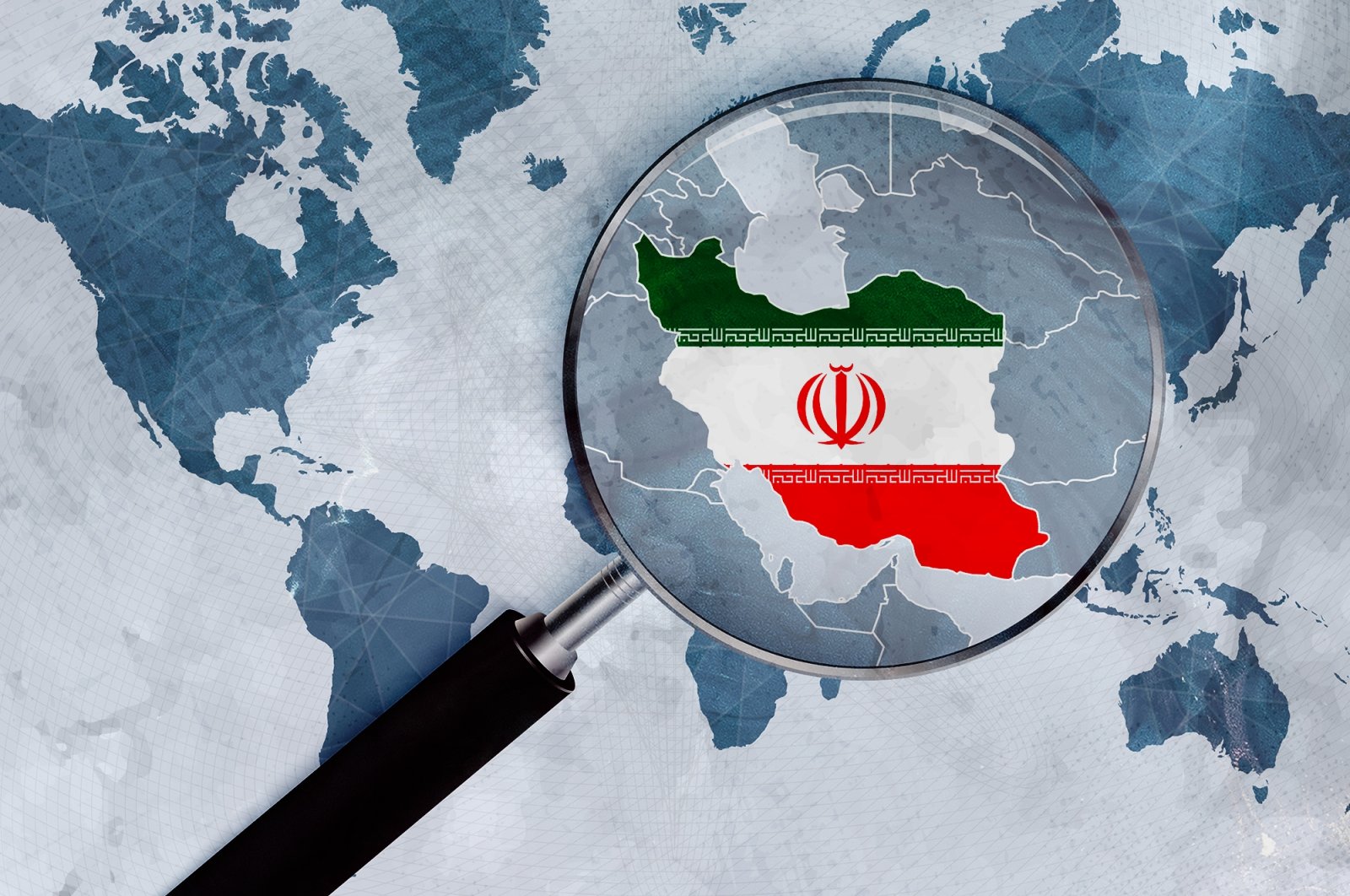
 PROTESTS AGAINST THE “SOCIAL PARASITE TAX” IN BELARUS
PROTESTS AGAINST THE “SOCIAL PARASITE TAX” IN BELARUS
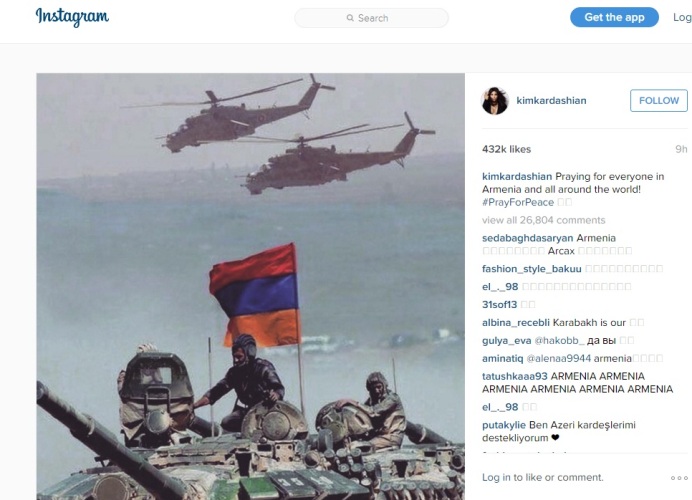 THE ARMENIAN NARRATIVE ABOUT THE RECENT ESCALATION IN THE SOUTH CAUCASUS AND THE NEW TACTIC FOR THE OLD STRATEGY
THE ARMENIAN NARRATIVE ABOUT THE RECENT ESCALATION IN THE SOUTH CAUCASUS AND THE NEW TACTIC FOR THE OLD STRATEGY
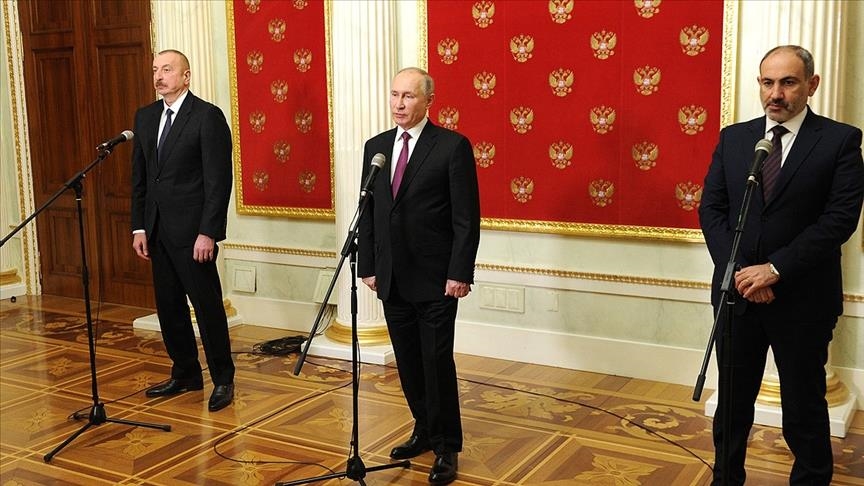 THE 20 JUNE 2021 SNAP PARLIAMENTARY ELECTIONS IN ARMENIA - III: REGIONAL IMPLICATIONS
THE 20 JUNE 2021 SNAP PARLIAMENTARY ELECTIONS IN ARMENIA - III: REGIONAL IMPLICATIONS
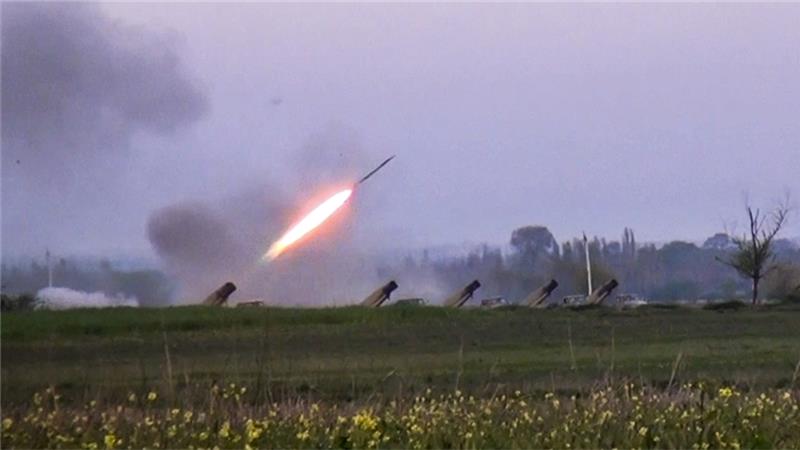 A SHORT ASSESSMENT OF THE “4-DAY WAR” IN KARABAKH
A SHORT ASSESSMENT OF THE “4-DAY WAR” IN KARABAKH
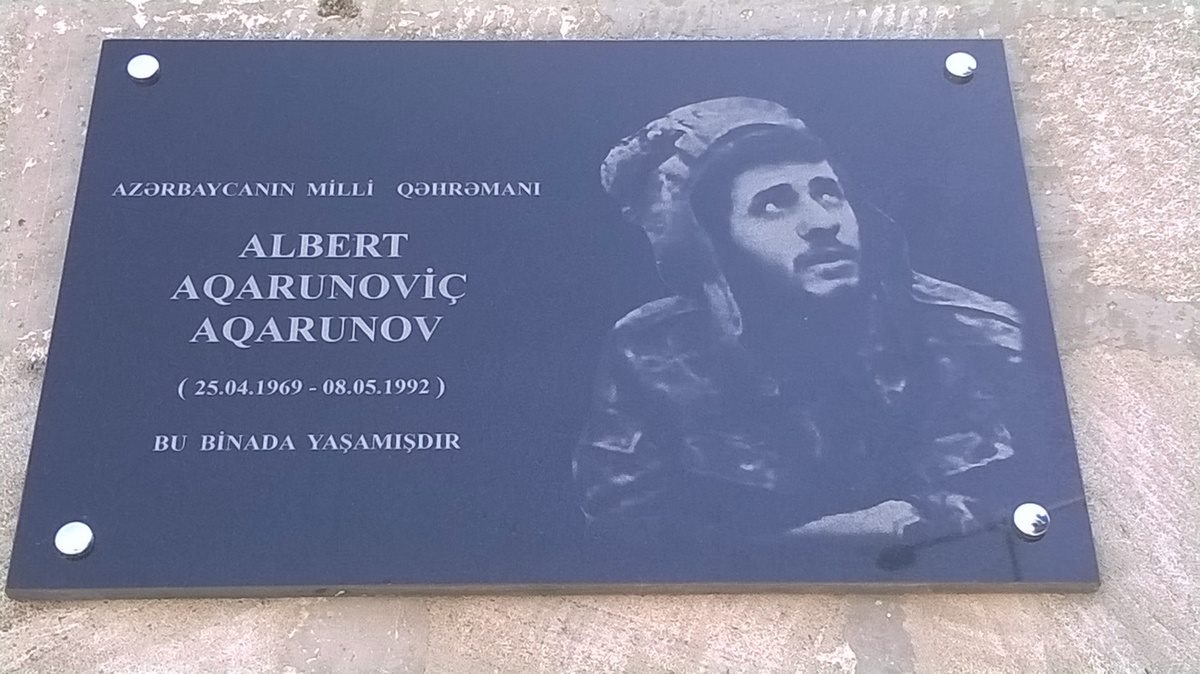 THE INSIGHT INTO THE APPEAL OF THE DE FACTO AUTHORITIES IN KARABAKH TO THE ‘ETHNIC MINORITIES’ OF AZERBAIJAN
THE INSIGHT INTO THE APPEAL OF THE DE FACTO AUTHORITIES IN KARABAKH TO THE ‘ETHNIC MINORITIES’ OF AZERBAIJAN
 THERE ARE JUDGES IN STRASBOURG
THERE ARE JUDGES IN STRASBOURG
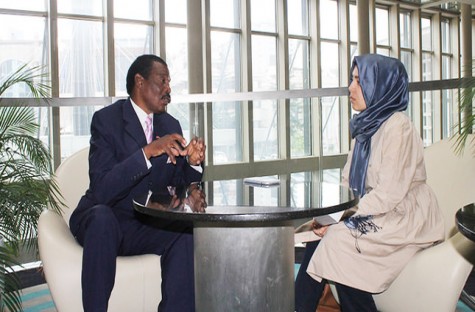 THE POPE AND GERMANY SELECTIVE OF TRAGEDIES, POLITICAL ANALYST SAYS
THE POPE AND GERMANY SELECTIVE OF TRAGEDIES, POLITICAL ANALYST SAYS
 UNDERSTANDING NAGORNO-KARABAKH DESPITE THE BIASED MANNER OF THE WESTERN MEDIA
UNDERSTANDING NAGORNO-KARABAKH DESPITE THE BIASED MANNER OF THE WESTERN MEDIA
 ARMENIAN LEGAL ATTEMPTS ARE FUTILE
ARMENIAN LEGAL ATTEMPTS ARE FUTILE




























